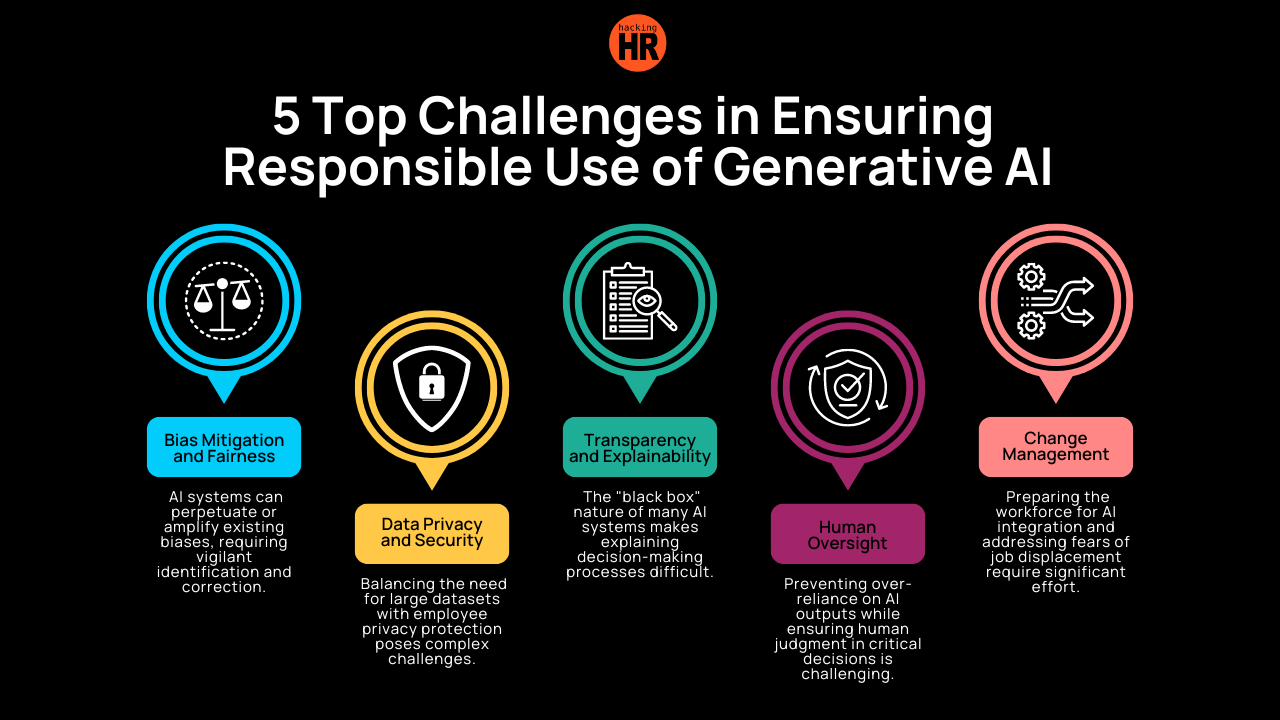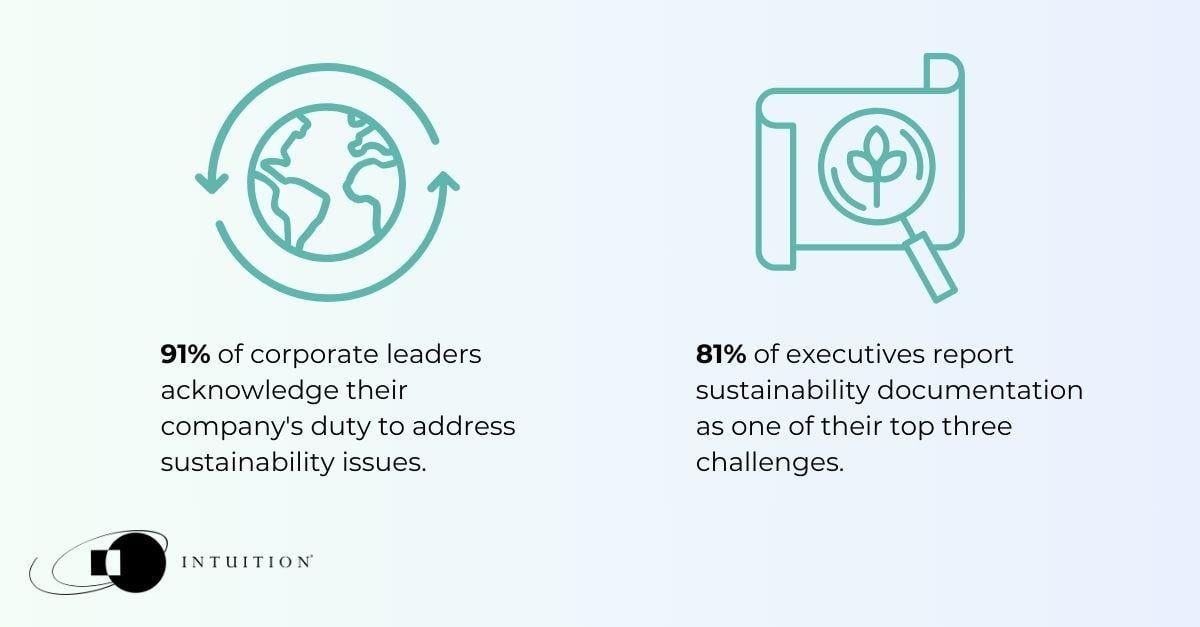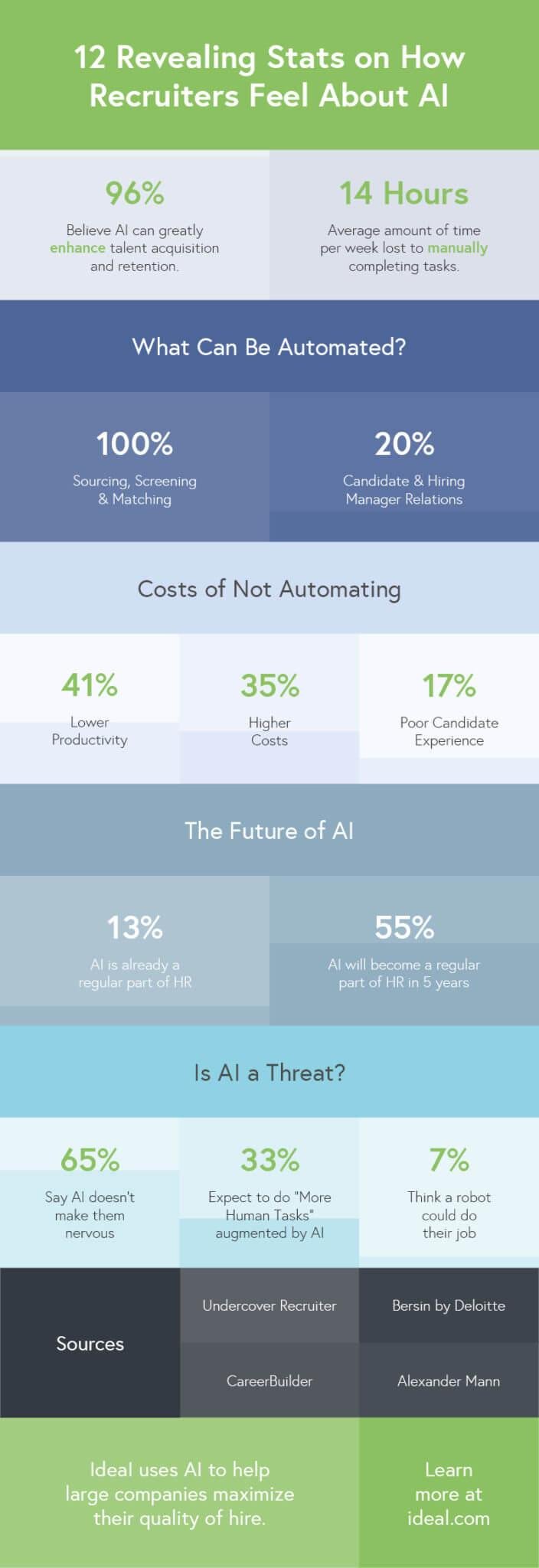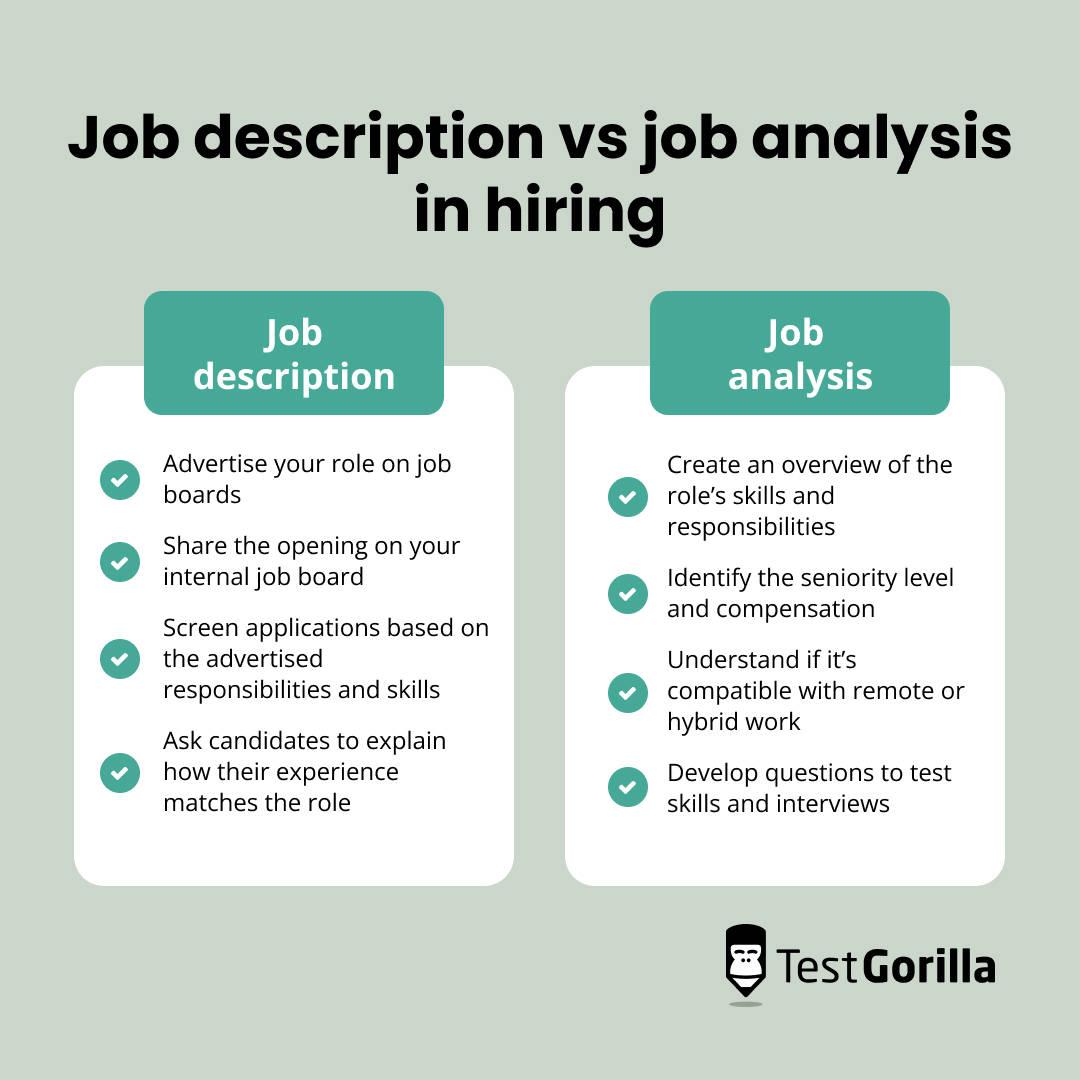Artificial Intelligence (AI) is revolutionizing various sectors, including recruitment. In 2025, AI-driven resume screening has become a pivotal tool for enhancing efficiency and objectivity in hiring processes. By automating the initial screening of applications, AI reduces the time and effort required to identify suitable candidates, allowing human resources professionals to focus on more strategic tasks.
This technological advancement not only streamlines the recruitment process but also aims to minimize biases inherent in manual screenings, promoting a more equitable evaluation of applicants. However, the integration of AI in hiring is not without challenges.
Concerns have been raised about the potential for AI systems to perpetuate existing biases present in their training data, underscoring the need for continuous monitoring and updating of these models to ensure fairness and transparency. As AI continues to evolve, its role in recruitment is expected to expand, offering more sophisticated tools for talent acquisition and management.
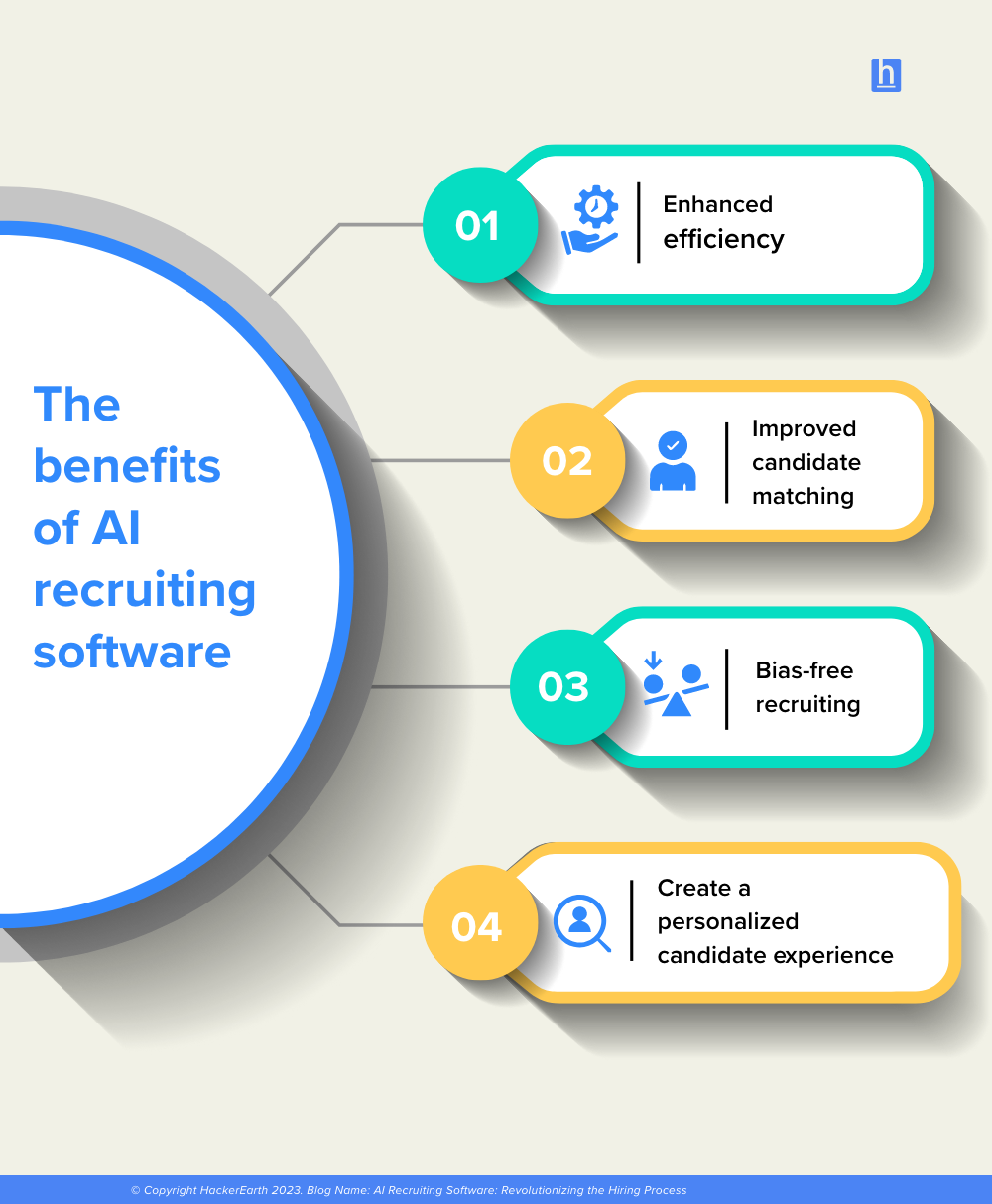
Source: Hackerearth.com
The Importance of Resume Screening
Resume screening is a fundamental step in recruitment, enabling employers to filter candidates based on required qualifications and skills. Traditionally, this process has been time-consuming and susceptible to human biases. AI addresses these challenges by automating the screening process, ensuring a more objective and efficient selection. A 2025 survey revealed that 82% of firms utilize AI to review resumes, highlighting its widespread adoption in enhancing hiring efficiency.
How AI Transforms Resume Screening
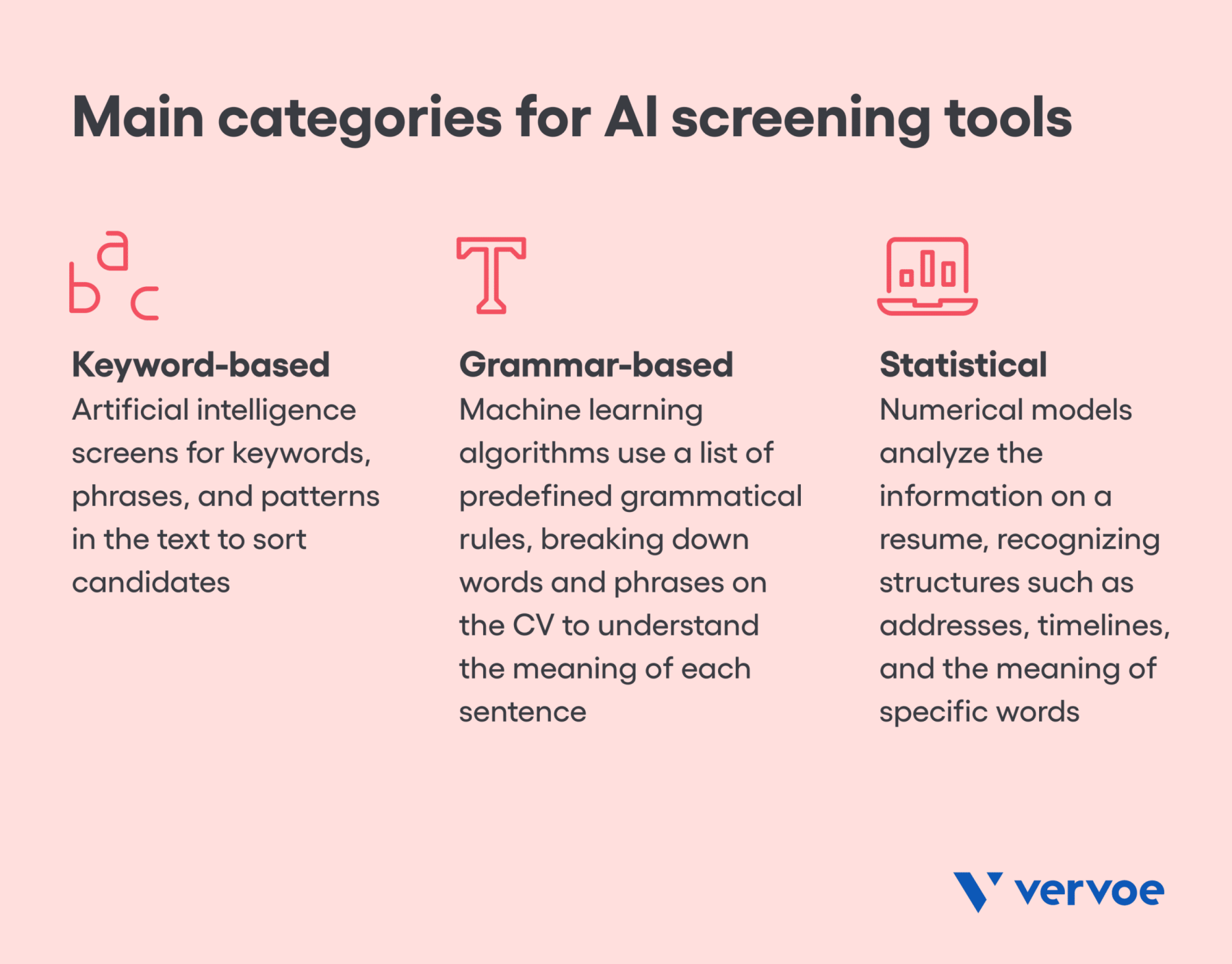
Source: vervoe.com
How AI Transforms Resume Screening
AI-powered tools analyze resumes by:
- Keyword Matching: Identifying relevant keywords to ensure alignment with job requirements.
- Experience and Skills Assessment: Evaluating candidates' work history and competencies.
- Automated Ranking: Prioritizing candidates based on suitability for the role.
These capabilities significantly reduce manual workload and enhance accuracy. For instance, AI has been shown to outperform human recruiters by 14% in selecting candidates who receive job offers.
Key Benefits of AI-Powered Resume Screening
- Speed and Efficiency: AI processes large volumes of resumes swiftly, reducing time-to-hire. A 2025 report indicates that 98% of companies saw significant improvements in hiring efficiency through AI, particularly in tasks like resume screening.
- Improved Accuracy: AI minimizes human errors, ensuring consistent evaluation criteria. However, it's crucial to address potential biases in AI systems. Research from 2024 found significant racial and gender biases in AI resume screening tools, underscoring the need for continuous monitoring and improvement.
- Bias Reduction: While AI can help reduce certain biases, it's essential to ensure that AI systems are designed and trained to avoid perpetuating existing prejudices. Ongoing audits and updates are necessary to maintain fairness in AI-driven screening processes.
- Cost Savings: Automating resume screening reduces the need for extensive human resources, leading to cost efficiencies. Early adopters of AI sourcing tools have reported a 75% reduction in cost per screen.
- Enhanced Candidate Experience: AI streamlines the application process, providing timely feedback to candidates. A 2024 study found that 70% of HR professionals plan to implement AI within the next year to improve candidate engagement and experience.
Source: linkedin
Addressing Concerns About AI in Hiring
Despite its advantages, concerns about AI in recruitment persist:
- Potential Biases: AI systems can inadvertently perpetuate existing biases present in their training data. Continuous monitoring and updating of AI models are essential to mitigate this risk.
- Transparency: Candidates and employers alike seek clarity on how AI systems make decisions. Ensuring transparency in AI-driven processes builds trust and allows for better understanding and acceptance of AI tools in recruitment.
- Human Oversight: While AI automates many tasks, human judgment remains crucial, especially in assessing cultural fit and making final hiring decisions. A balanced approach that combines AI efficiency with human insight is recommended.
Implementing AI in Recruitment
To effectively integrate AI into recruitment:
- Select Reputable AI Solutions: Choose platforms with proven track records in enhancing recruitment processes.
- Provide Training: Equip HR teams with the necessary skills to utilize AI tools effectively.
- Monitor and Evaluate: Regularly assess AI systems for performance and fairness, making adjustments as needed.
- Promote Diversity and Inclusion: Ensure AI tools are designed to support diverse hiring practices and do not inadvertently exclude qualified candidates.
Conclusion
AI-powered resume screening is reshaping recruitment by enhancing efficiency, accuracy, and fairness. While AI offers substantial benefits, it should complement, not replace, human judgment. By thoughtfully integrating AI into hiring processes, organizations can achieve a more streamlined and equitable recruitment system.
